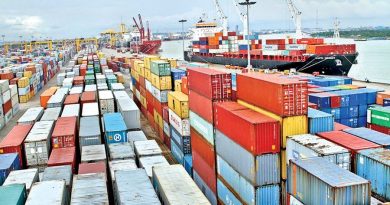The government is moving forward with a plan to build a 10-storey headquarters for BIMSTEC in Dhaka’s upscale Gulshan area — despite the regional bloc employing only 50 people.
The Ministry of Foreign Affairs has proposed a Tk 1.22 billion project to construct the new headquarters for the Bay of Bengal Initiative for Multi-Sectoral Technical and Economic Cooperation (BIMSTEC), aiming to strengthen regional cooperation and revamp the organisation’s activities.
But officials at the Planning Commission are questioning the scale and cost of the project, given the limited staffing. The new facility will cover over 9,000 square metres across 10 floors and include two basement levels, with a 15-storey foundation built in.
“Upward expansion of the current building is not possible,” said a foreign ministry official. “The existing two-storey structure, inaugurated in 2014, is no longer adequate for BIMSTEC’s growing needs.”
Originally formed in 1997 with four member countries—Bangladesh, India, Sri Lanka, and Thailand—BIMSTEC expanded in 2004 to include Myanmar, Nepal, and Bhutan. The group aims to promote cooperation across 14 key sectors including trade, investment, tourism, technology, agriculture, communications, and ready-made garments.
Its secretariat in Dhaka has operated from a government-allocated building since 2014, which currently houses 50 employees — up from 30 at the time of its opening.
The proposed new building will cost Tk 524.2 million just for core construction, interior, utilities, and infrastructure—making up nearly 43% of the total budget. If approved by the Executive Committee of the National Economic Council (ECNEC), construction will begin in December and is expected to be completed by November 2028.
Officials argue the upgraded headquarters is essential for improving BIMSTEC’s efficiency. “The project is intended to make BIMSTEC’s operations more dynamic while enhancing regional cooperation and integration among the seven member countries of the Bay of Bengal region,” a senior foreign ministry official said.
Still, questions remain over whether such a large investment is justified for a relatively small workforce — particularly as Bangladesh navigates competing budgetary priorities.






